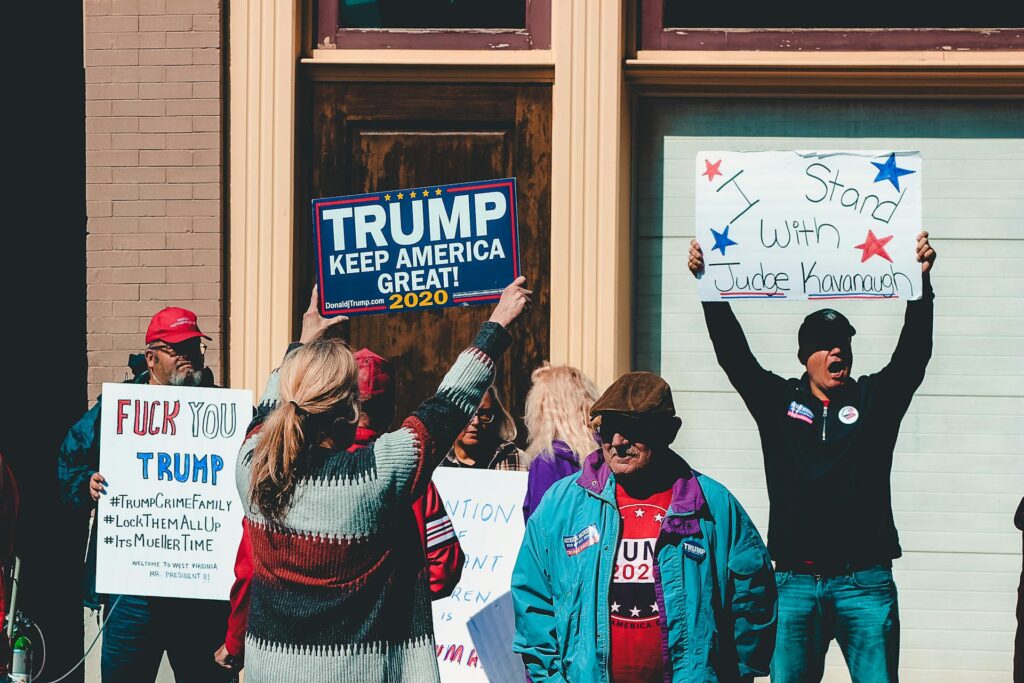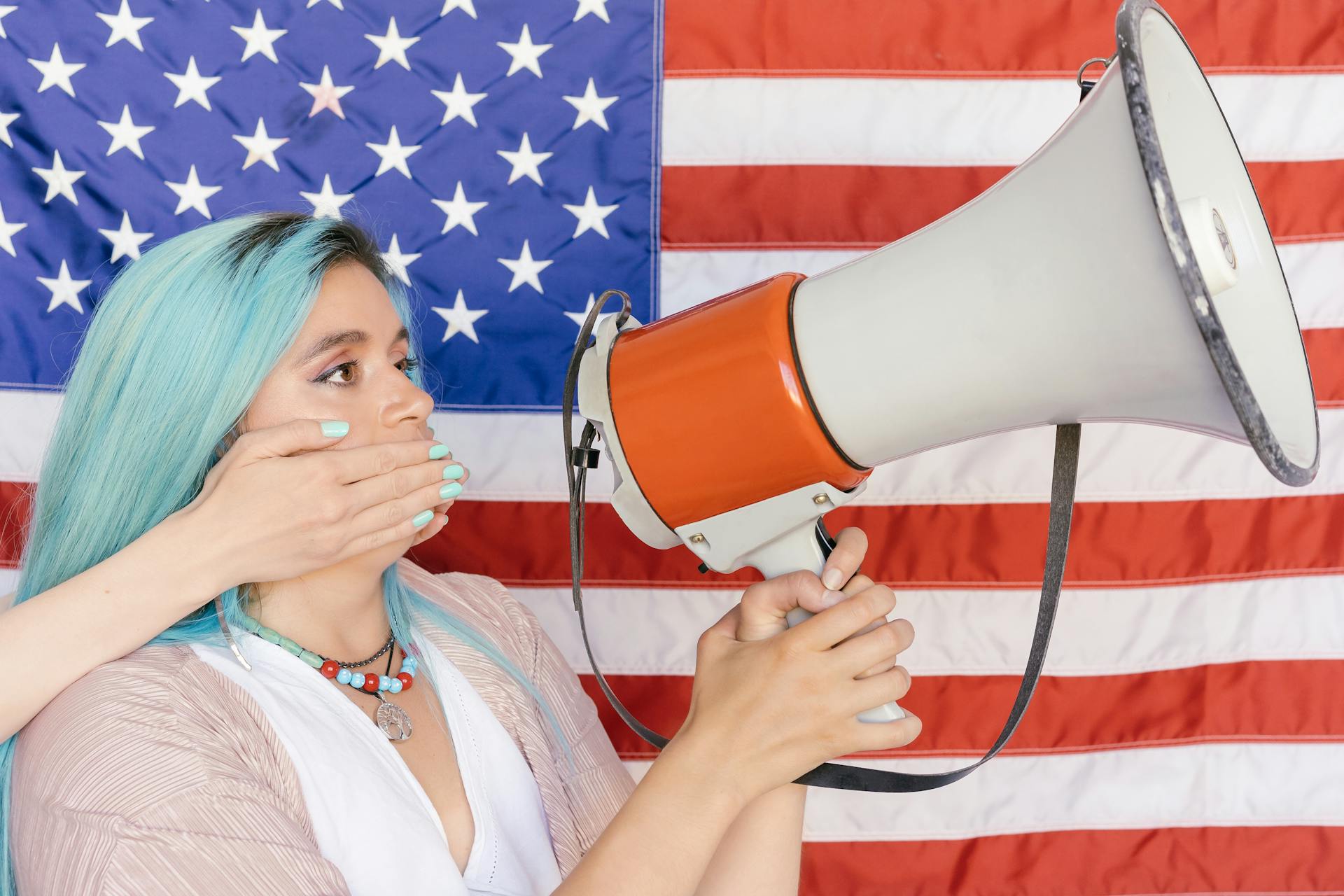As the U.S. heads into the 2024 presidential election, it’s clear that the impact of social media in politics continues to transform the political landscape. With candidates Kamala Harris and Donald Trump representing contrasting paths forward, the influence of social media on political discourse, voter mobilization, and even election integrity is under scrutiny. This article delves into how social media has become a critical tool in modern politics and provides an overview of what’s at stake in the upcoming election.
Social media’s role in shaping modern politics
Social media has revolutionized how political messages are crafted and delivered. Platforms like Twitter (X), Facebook, and TikTok allow politicians to communicate directly with voters, bypassing traditional news outlets and editorial oversight. This direct access enables rapid response to events and provides a more interactive experience for the public. The viral nature of these platforms means that, for better or worse, campaign narratives can spread almost instantly.
However, the reach and speed of social media have also led to several challenges. Misinformation and disinformation are widespread, particularly as platforms struggle to balance free speech with content moderation. This challenge is amplified during election seasons, as politically charged content—accurate or not—has a major impact on voter perception and can deepen divisions across the political spectrum. Studies show that polarization often increases with social media use, potentially influencing voter behaviour and turnout as users become entrenched in “echo chambers.”
Social media’s influence extends beyond shaping opinions; it mobilizes grassroots support and even enables movements. Campaigns can gain traction with digital activism, where hashtags and viral content raise awareness on issues that mainstream media may overlook. This level of engagement, while democratic in nature, has also led to concerns about the authenticity of online engagement, as bots, fake accounts, and paid influencers sometimes manipulate public discourse.

Social media’s influence on political opinion and polarization
Social media doesn’t just shape voting behaviour; it also influences how people form opinions. Platforms use algorithms to show users content that aligns with their interests, which can inadvertently reinforce existing beliefs and create echo chambers. This phenomenon can make it difficult for users to see diverse perspectives, often leading to political polarization. According to recent studies, polarization has increased significantly in countries with high social media penetration, as people are more likely to encounter reinforcing rather than challenging viewpoints.
Further complicating this issue is the prevalence of misinformation on social media. Misinformation spreads faster than factual news, with some studies showing that false information is 70% more likely to be shared than true information.
This problem was evident during the COVID-19 pandemic, where misinformation campaigns contributed to widespread confusion and fueled polarization. Addressing these issues has become a priority for social media companies, which now employ fact-checking measures and algorithm updates to reduce misinformation’s reach. However, these measures are often seen as reactive rather than proactive, raising questions about their effectiveness.
Global impact: Social media as a tool for political and social change
Social media’s reach extends beyond elections; it has been instrumental in global movements advocating for social and political change. The Arab Spring is one of the most prominent examples, where social media became a vehicle for mobilizing protests and organizing civil action across multiple countries. In regions with restrictive press environments, social media platforms allowed citizens to share information and express grievances with a global audience, which played a role in prompting international awareness and support.
In authoritarian countries, however, the role of social media is more complex. While it offers citizens an outlet for dissent, governments often counteract by restricting access to these platforms or monitoring activity to suppress opposition. Some authoritarian regimes have even harnessed social media for their own purposes, using it to disseminate propaganda and manipulate public opinion. This highlights the dual-edged nature of social media in politics: while it can empower citizens, it can also be used as a tool of control.

The 2024 USA Election: candidates, policies, and key issues
The stakes are high in the 2024 election, with voters choosing between Kamala Harris and Donald Trump. Harris, representing the Democratic Party, emphasizes policies like climate action, healthcare reform, and equitable taxation, aiming to build on the Biden administration’s legislative priorities. On the other hand, Trump’s campaign focuses on deregulation, economic nationalism, and a return to traditional conservative policies.
Both candidates have focused their digital strategies on swing states like Pennsylvania, Georgia, and Arizona, where slight polling differences could tilt the election. The Electoral College system remains a unique factor, as winning key battleground states could secure the necessary 270 votes, even if the national popular vote remains close. These states have seen shifts in voting laws and policies that may impact turnout and voting accessibility, prompting debates about voter suppression and election security.
Adding complexity to the 2024 election is the significant role of digital campaigning. Both parties are investing in micro-targeted ads and social media outreach, which allow for more granular targeting of specific demographics. While these strategies enhance voter engagement, they also raise questions about data privacy and the ethical implications of targeted advertising in democratic processes.
The broader implications for America and the world
The outcome of the 2024 election will not only shape America’s internal policies but also influence global economic and political dynamics. For instance, Harris’s proposed climate policies could signal a stronger U.S. commitment to international environmental agreements, whereas Trump’s approach may prioritize domestic industry over global cooperation. Additionally, each candidate’s stance on trade, particularly regarding China and the EU, will impact global markets and alliances.
Social media will likely continue to shape U.S. politics, but its evolving role brings a need for media literacy among voters to better understand content sources, biases, and the potential impact of misinformation. As the 2024 election approaches, voters are encouraged to seek information from diverse and credible sources, recognizing that while social media can inform, it may also distort political realities.
Navigating an evolving political landscape
The 2024 U.S. election underscores the complex role of social media in modern politics. Platforms that democratize information can also polarize and mislead, creating both opportunities and challenges for democracy. As Harris and Trump continue their campaigns, their use of digital media will likely influence not only voter engagement but also the long-term integrity of electoral processes.
In this context, The Urban Herald aims to provide clear, accurate, and thoughtful journalism to help readers navigate these complexities. For voters, staying informed means actively engaging with reliable sources, understanding the implications of each candidate’s platform, and recognizing the power—and risks—of the digital tools shaping today’s political landscape.



